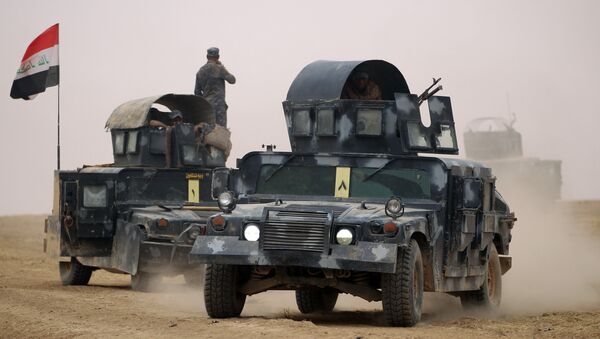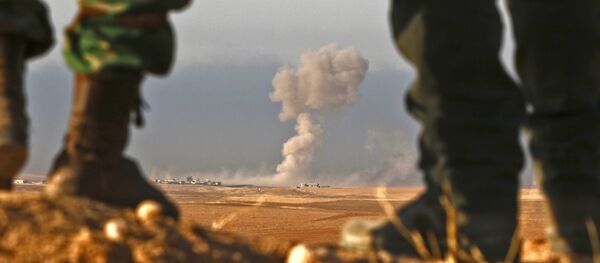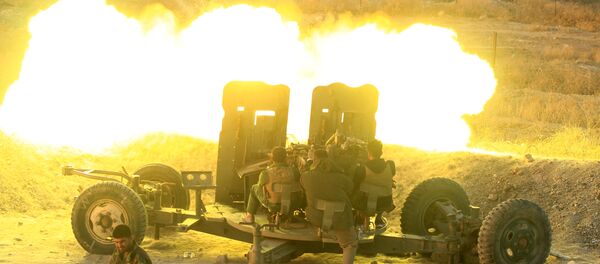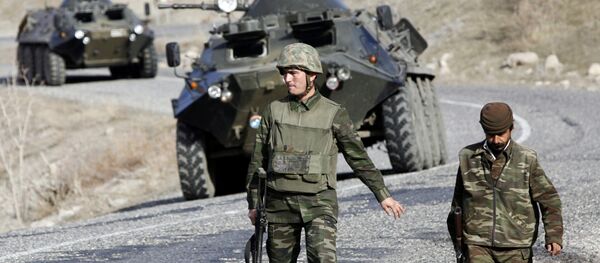"The fall of Mosul in Iraq and what is happening in Syria will be the end of ISIL (Daesh). We need to understand whether we can solve the problem of terrorism's emergence. You have to return to the difficult problem of the Middle East, which was artificially created on a map in 1916 and which not I, but foreign fighters, call 'Post-American.' There are a lot of players in this region, Russia among them, but nobody can solve the problem in isolation," Bressan said.
Bressan, an analyst at Italy's NATO Defense College Foundation and the author of a book called, "Eurasia and jihadism, hybrid wars on the new Silk Road," told Sputnik that co-operation between Moscow and Washington is particularly important.
"It's not possible to resolve this problem without co-operation between countries. We all know about the tension between the US and Russia, about their disagreements about the future of Syria. The rhetoric between countries recalls the Cold War, although it isn't commensurate with what was in the past."
"What Russia has been able to do in Syria not only in the military sphere, but in the diplomatic, shows us that as a result of all these dramatic conflicts, the balance of power is changing in Syria," Bressan said.
"It is obvious that the alliance between Russia and China and dialogue with Turkey is of great geopolitical importance, capable of influencing the region. However, it is very important to reach an agreement, after all this is a common topic for everybody."
Bressan warned that a lack of co-operation runs the risk of allowing terrorists to escape conflict zones and flee to other countries, where they could carry out more terror attacks.
"I think that a ceasefire, which was attempted at the beginning of September, will allow peace and avoid a dangerous phenomenon for the future: that terrorists who are not killed can escape to different countries. That's why co-operation is in the interests of all countries, and while differences exist between such important players as the US and Russia, they won't be solved and conflicts will continue to arise in the region," Bressan said.
As well as the Iraqi National Army and the Peshmerga, several other groups are supporting the assault, including the largely Shiite Popular Mobilization Units, which are reportedly bombing Daesh tunnels. The assault also has the support of Turkey and the US-led coalition, whose troops are training the Iraqis.





